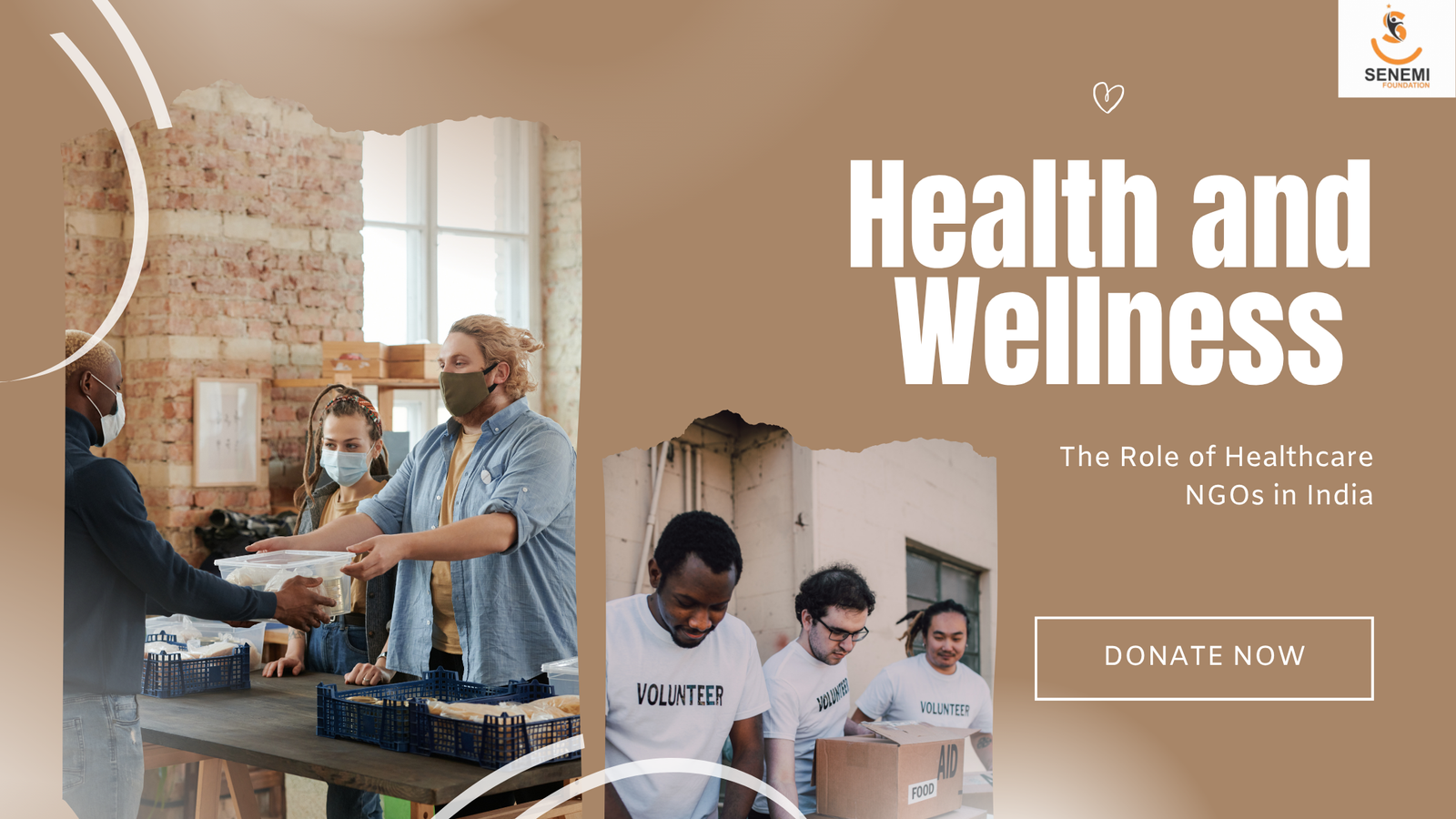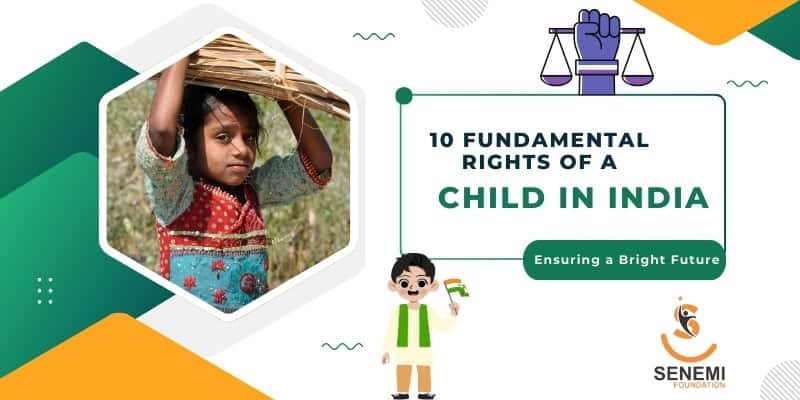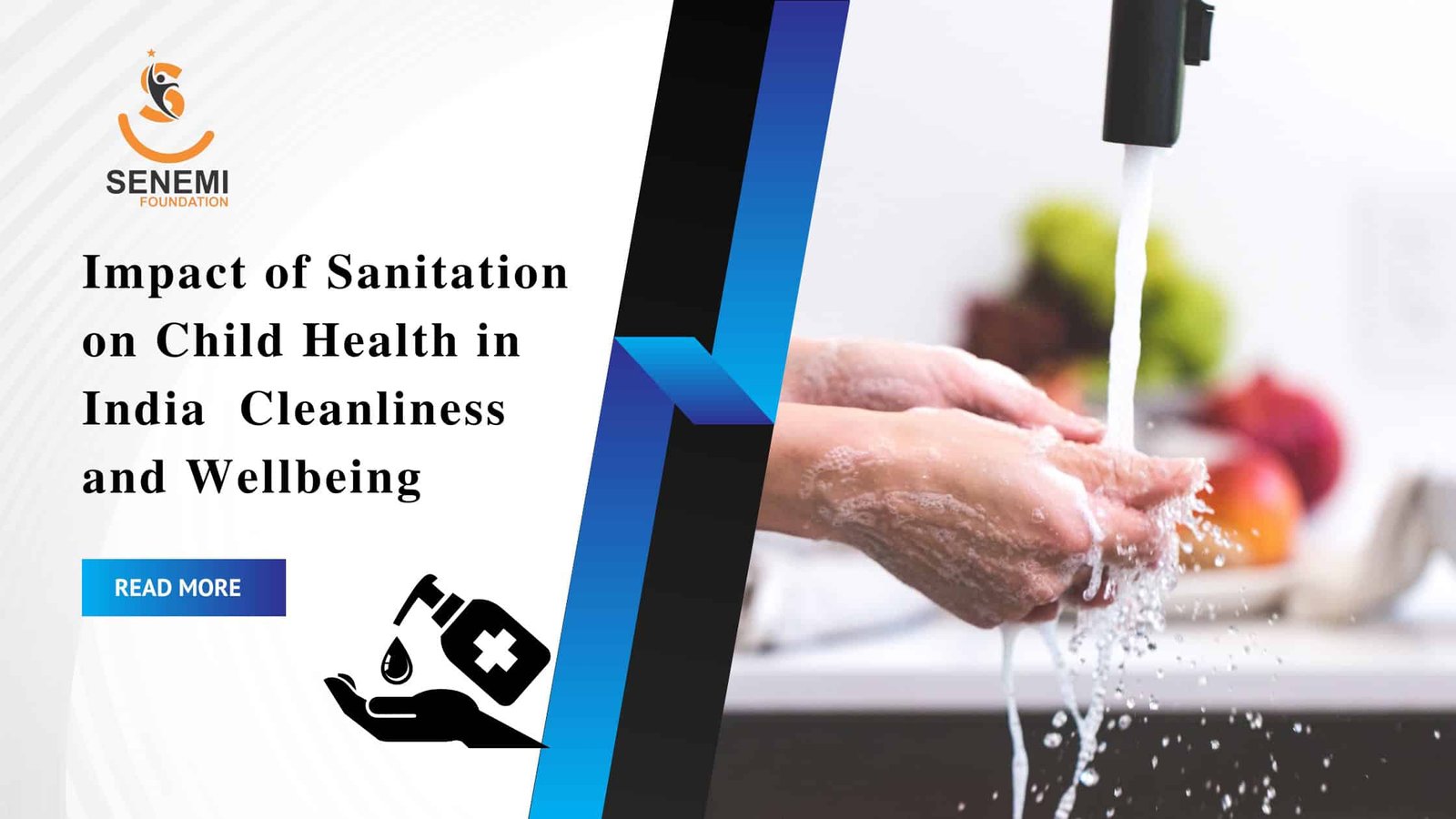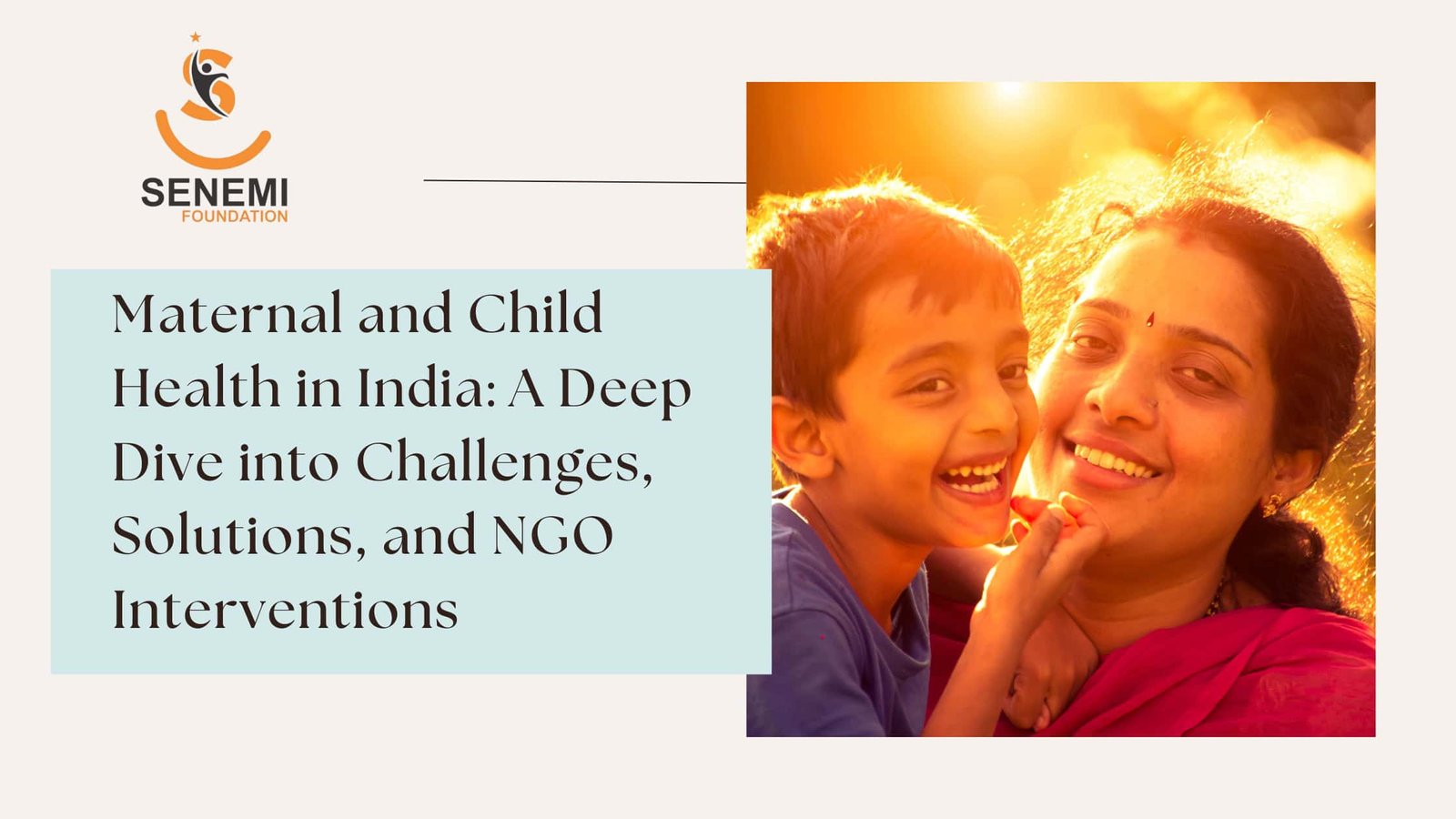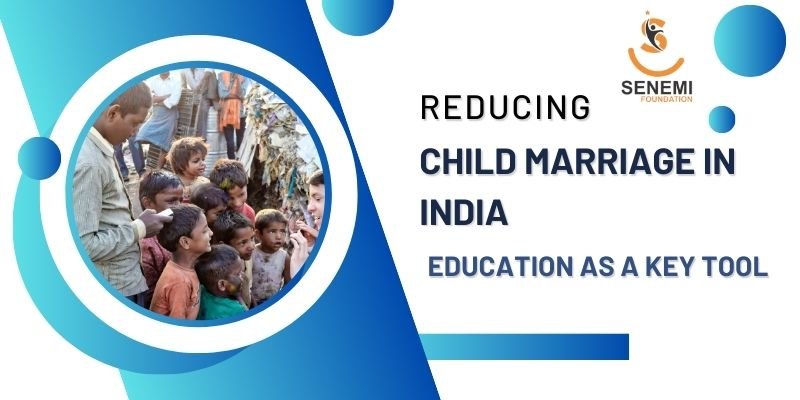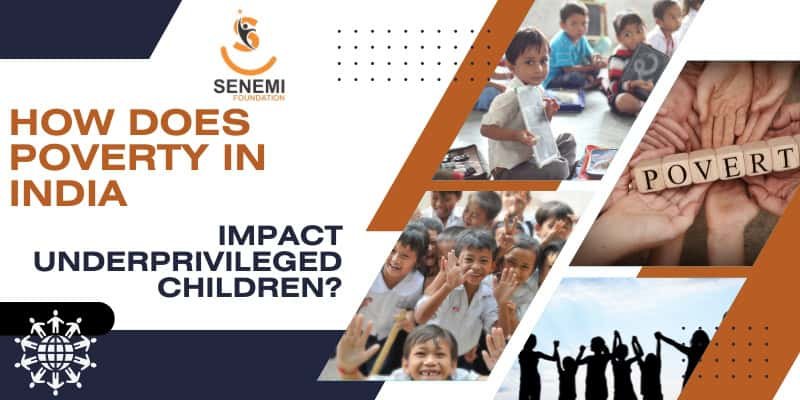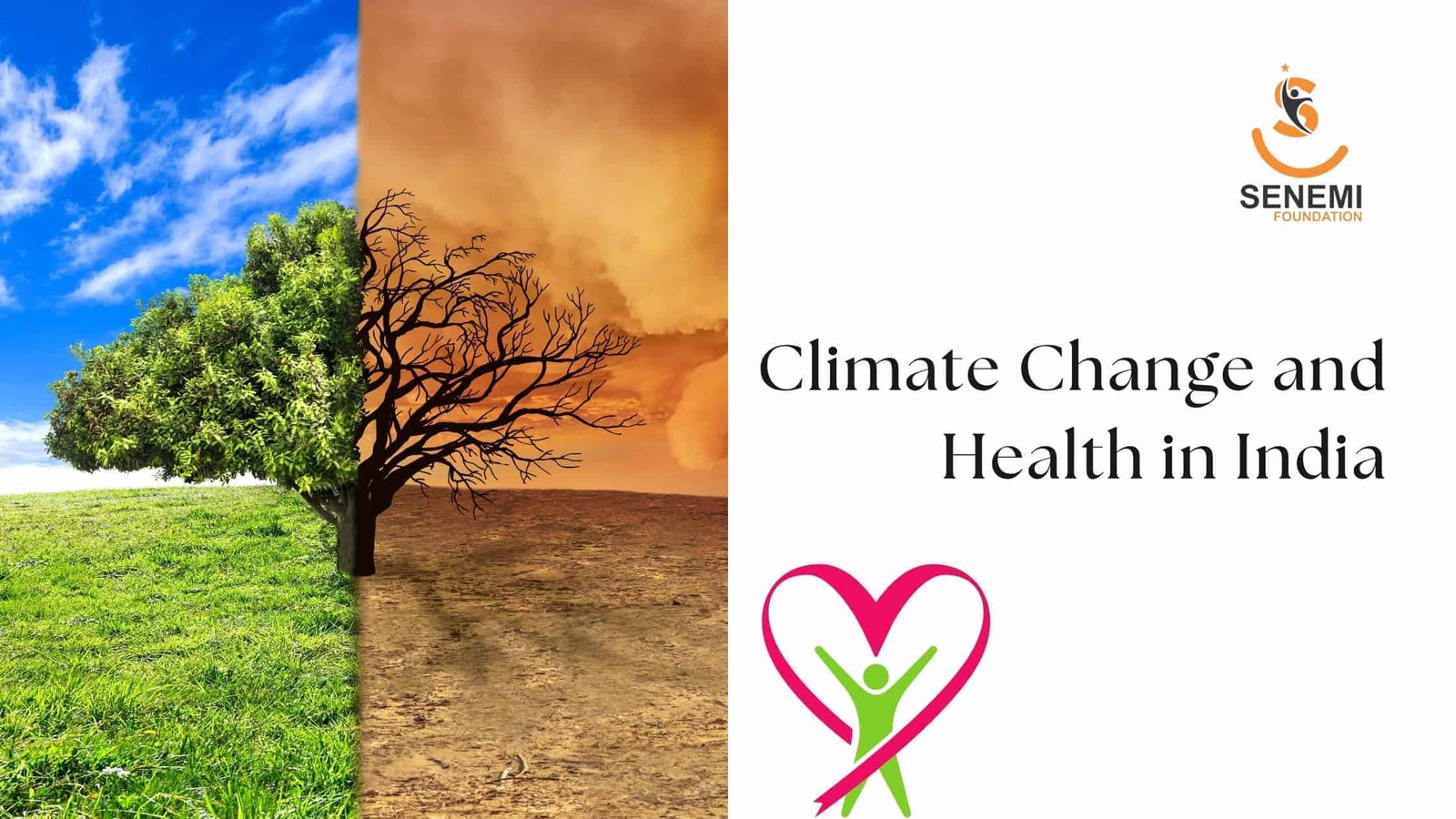
Climate change and health in India are inextricably linked, creating ripple effects across communities—from the Himalayas to the coastal plains. As temperatures rise and weather patterns shift, the intersection of environmental change with public well‑being becomes increasingly urgent. In this comprehensive exploration, we examine how climate change in India impacts physical and mental health, the role of NGOs like Senemi Foundation working for climate change in India, and the actionable steps needed to ensure resilience across Delhi, Haridwar, and beyond.
 Deepak
Deepak




